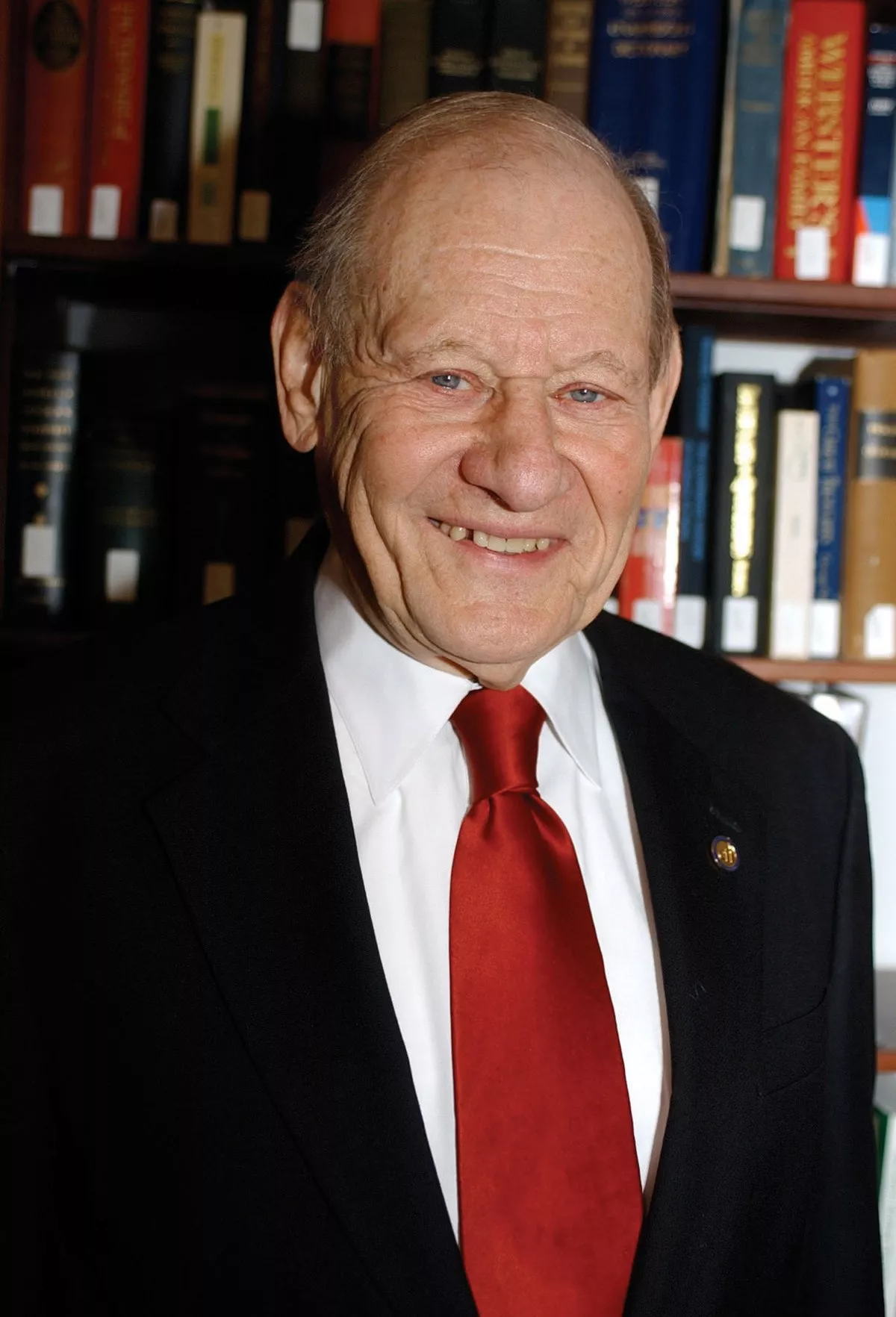 1.
1. Paul Kurtz was an American scientific skeptic and secular humanist.

 1.
1. Paul Kurtz was an American scientific skeptic and secular humanist.
Paul Kurtz has been called "the father of secular humanism".
Paul Kurtz was Professor Emeritus of Philosophy at the State University of New York at Buffalo, having previously taught at Vassar, Trinity, and Union colleges, and the New School for Social Research.
Paul Kurtz was the founder and past chairman of the Committee for Skeptical Inquiry, the Council for Secular Humanism, and the Center for Inquiry.
Paul Kurtz was editor in chief of Free Inquiry magazine, a publication of the Council for Secular Humanism.
Paul Kurtz was co-chair of the International Humanist and Ethical Union from 1986 to 1994.
Paul Kurtz was a Fellow of the American Association for the Advancement of Science, Humanist Laureate, president of the International Academy of Humanism and Honorary Associate of Rationalist International.
Paul Kurtz was born in Newark, New Jersey, into a secular Jewish family, the son of Sara Lasser and Martin Paul Kurtz.
Paul Kurtz received his bachelor's degree from New York University, and then a master's degree and Doctor of Philosophy degree from Columbia University.
Paul Kurtz was left-wing in his youth, but has said that serving in the United States Army in World War II taught him the dangers of ideology.
Paul Kurtz saw the Buchenwald and Dachau concentration camps after they were liberated, and became disillusioned with Communism when he encountered Russian slave laborers who had been taken to Nazi Germany by force but refused to return to the Soviet Union at the end of the war.
Paul Kurtz was a professor at Trinity College which was an Episcopal college.
Paul Kurtz used the publicity generated by fundamentalist preachers to grow the membership of the Council for Secular Humanism, as well as strip the religious aspects found in the earlier humanist movement.
In 1999, Paul Kurtz was given the International Humanist Award by the International Humanist and Ethical Union.
Paul Kurtz did a lot to expand IHEU as a member of the IHEU Growth and Development Committee and then when he was co-chair, with Rob and Levi.
Paul Kurtz always pushed IHEU to be bigger and bolder.
Paul Kurtz believed that the nonreligious members of the community should take a positive view on life.
Religious skepticism, according to Paul Kurtz, is only one aspect of the secular humanistic outlook.
At the Council of Secular Humanism's Los Angeles conference, tension over the future of humanism was on display as Paul Kurtz urged a more accommodationist approach to religion while his successors argued for a more adversarial approach.
Paul Kurtz renewed his efforts in organized humanism by founding The Institute for Science and Human Values and its journal The Human Prospect: A NeoHumanist Perspective in June 2010.
Paul Kurtz promoted what he called "Skepticism of the Third Kind," in which skeptics actively investigate claims of the paranormal, rather than just question them.
Paul Kurtz saw this type of skepticism as distinct from the "first kind" of extreme philosophical skepticism, which questions the possibility that anything can be known, as well as the "second kind" of skepticism, which accepts that knowledge of the real world is possible but is still largely a philosophical exercise.
Paul Kurtz coined the term eupraxsophy to refer to philosophies or life stances such as secular humanism, Confucianism and Taoism that do not rely on belief in the transcendent or supernatural.
Paul Kurtz had made the bequest and charitable gift annuity to the university, where he taught from 1965 to 1991, to help promote the development of critical intelligence in future generations of SUNY at Buffalo students.
Paul Kurtz conceived of the Institute for Science and Human Values in 2009 as yet another branch of the umbrella group, the Center for Inquiry.
At a meeting of the executive council of CSI in Denver, Colorado in April 2011, Paul Kurtz was selected for inclusion in CSI's Pantheon of Skeptics.
Paul Kurtz was married twice and had four children; his first marriage ended in divorce.
Paul Kurtz died in Amherst, New York, on October 20,2012, aged 86.